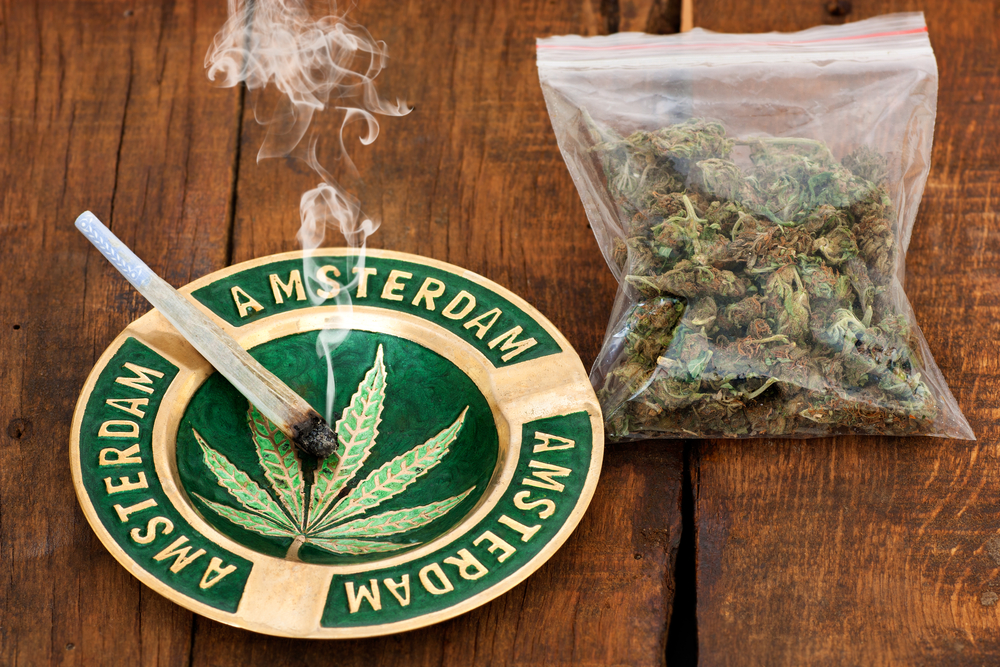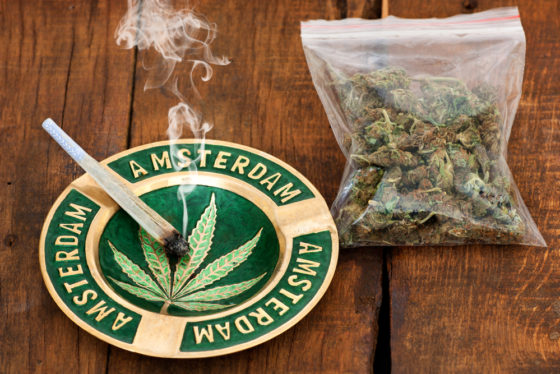Would-be legal marijuana growers head for court over licences


Nine companies which had been hoping to take part in the government’s regulated marijuana production trials are going to court because they don’t agree with the way the licences were awarded.
Some 40 companies registered for the trials, in which up to 10 companies will grow marijuana to be sold legally in 10 local authority areas.
After a thorough screening process, the remaining firms were placed into a lottery for the licences and 10 were selected at random for the permits.
Now nine companies have brought in a lawyer to challenge the results of the lottery. They say that officials failed to look at the location, experience and the financial situation of the winning firms.
Lawyer Errol Opering told broadcaster NOS that some local authority areas had indicated they did not want more than one licenced grower within their boundaries, but now have more than one.
In addition, one grower applied for a licence seven separate times, Opering said.
The growers want ministries to look again at the licence allocation process and have asked the courts to make a preliminary ruling. The case will be heard on January 7.
Grey area
The aim of the experiment is to remove the grey area between coffee shops, which have permits to sell marijuana, and the illegal circuit of suppliers.
Ten local authorities, including Tilburg, Breda and Almere, are taking part in the trials, which are due to start in 2021. But the four big cities, including Amsterdam were most coffee shops are located, have said they will not join in.
One issue is with the four year trial period, which will not be extended, even if the experiment is successful. This means that coffee shop owners will be forced back into the illegal circuit after four years of selling ‘legal’ marijuana.
Another objection is the requirement that all coffee shops within a council area take part in the scheme. In Amsterdam, with 175 coffee shops, this would be impossible to control, mayor Femke Halsema said.
In addition, the coffee shops would not be allowed to sell any ‘foreign’ hashish, which currently accounts for up to 25% of sales. This would drive users into the illegal circuit, experts say.
Thank you for donating to DutchNews.nl.
We could not provide the Dutch News service, and keep it free of charge, without the generous support of our readers. Your donations allow us to report on issues you tell us matter, and provide you with a summary of the most important Dutch news each day.
Make a donation